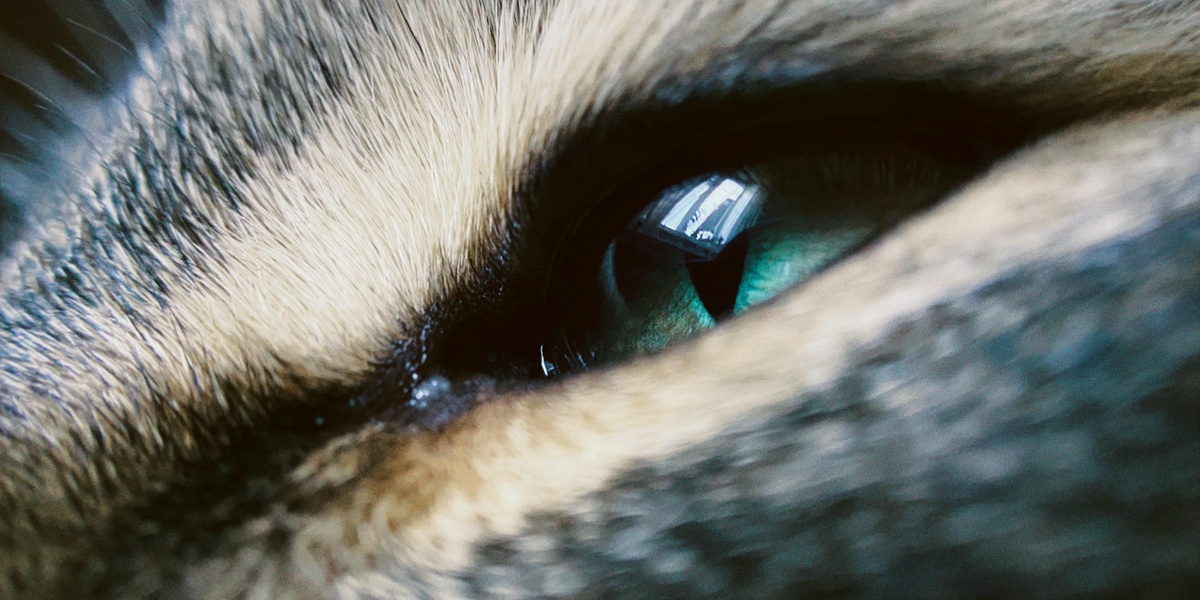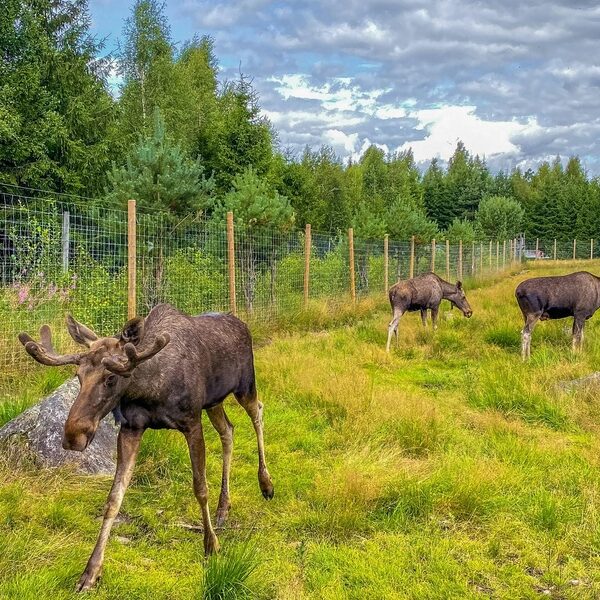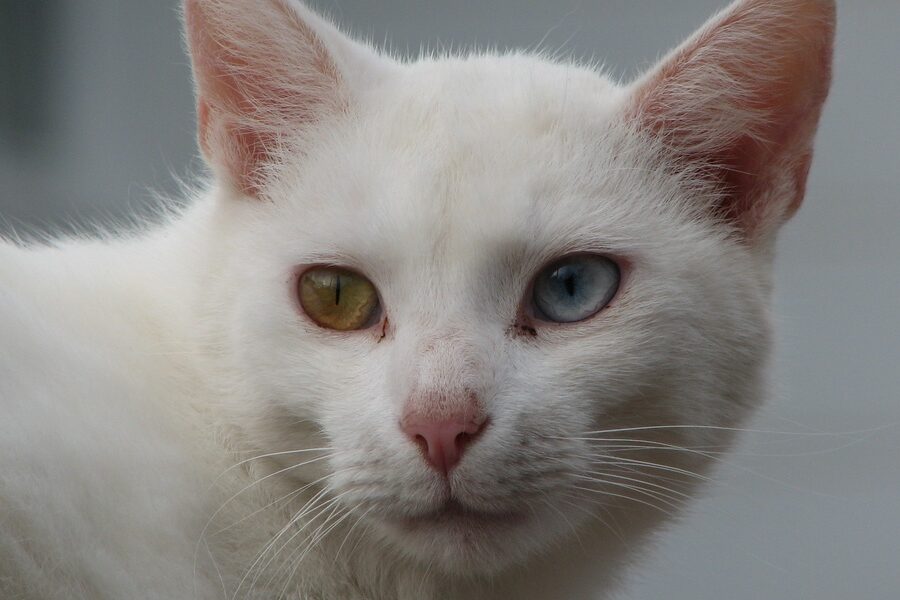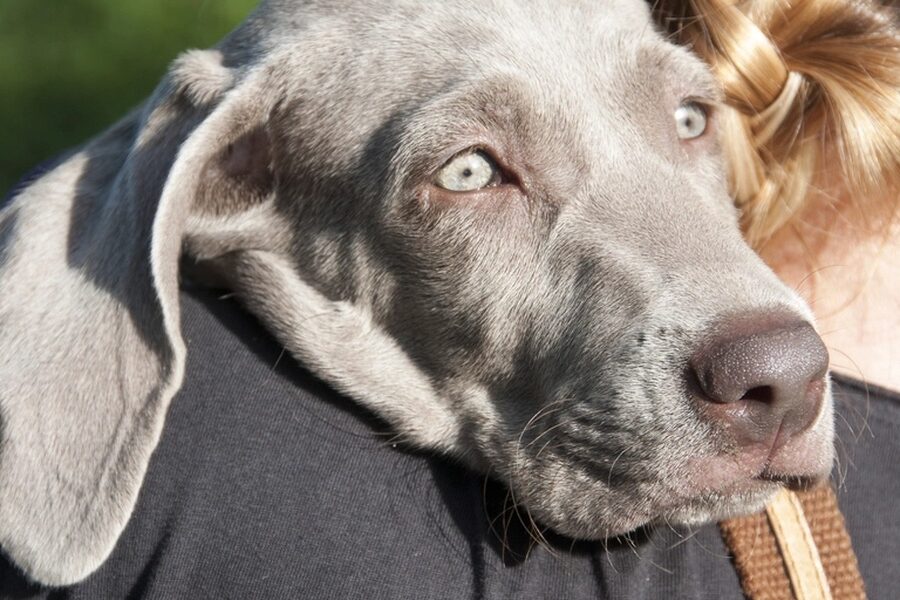On walks, at dog shows, or while browsing adoption sites, eye color can be one of the first things that makes a dog stand out. Not every shade is common, so noticing a greenish tint often leads to curious questions about breed and genetics.
There are 8 green eyed dog breeds, ranging from Australian Shepherd to Weimaraner. For each entry I note Scientific name,Eye occurrence,Typical eye colors to show how often green eyes appear and what other hues may accompany them — you’ll find below.
Can dogs naturally have green eyes?
Yes — some breeds carry pigmentation or coat patterns (like merle or dilute genes) that produce a greenish cast, especially in younger dogs or certain coat colors. True emerald eyes are rare; often lighting and surrounding fur color make eyes look greener than they are.
Do green eyes mean a dog needs special care?
Generally no — green-tinged eyes are a cosmetic trait. However, any sudden color change, cloudiness, or vision issues should prompt a vet visit, since those signs can indicate health problems rather than normal pigmentation.
Green Eyed Dog Breeds
| Breed | Scientific name | Eye occurrence | Typical eye colors |
|---|---|---|---|
| Catahoula Leopard Dog | Canis lupus familiaris | common,25% | green,green-hazel,blue,amber,brown |
| Australian Shepherd | Canis lupus familiaris | occasional,10% | green,green-hazel,blue,amber,brown |
| Border Collie | Canis lupus familiaris | rare,5% | green,green-hazel,blue,amber,brown |
| Weimaraner | Canis lupus familiaris | occasional,10% | green,green-hazel,amber,gray,blue-gray |
| Cardigan Welsh Corgi | Canis lupus familiaris | rare,3% | green,green-hazel,blue,amber,brown |
| Dachshund | Canis lupus familiaris | rare,2% | green,green-hazel,blue,amber,brown |
| Collie | Canis lupus familiaris | rare,4% | green,green-hazel,blue,amber,brown |
| Great Dane | Canis lupus familiaris | rare,4% | green,green-hazel,blue,amber,brown |
Images and Descriptions
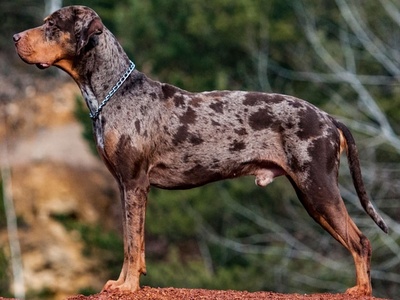
Catahoula Leopard Dog
Catahoulas (from the U.S. South) frequently show striking green or green-hazel eyes, especially in merle or patched coats. Eye color variety is a breed hallmark; merle and coat pigmentation influence iris color and occasional hearing/eye checks are recommended.
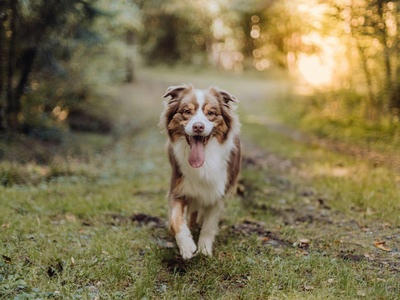
Australian Shepherd
Australian Shepherds (U.S./Australia working dogs) can have greenish eyes, particularly merle or dilute individuals. Green is uncommon but documented; the merle gene reduces pigment and can produce blue-to-green irises, sometimes linked with increased sensitivity to sun and genetic testing advisories.
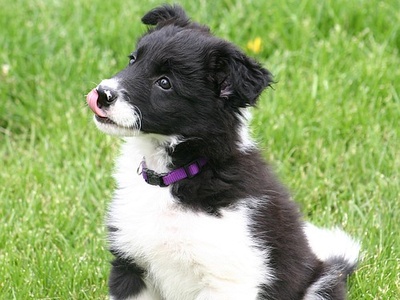
Border Collie
Border Collies (British Isles herding breed) sometimes show green-hazel eyes, most often in merle or dilute-colored dogs. True green is rare; coat pattern and melanin levels largely determine eye shade, so breeders watch for associated vision/hearing issues in merle lines.
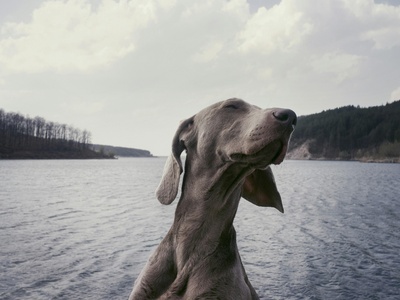
Weimaraner
Weimaraners (Germany) are known for unusual light eyes that can appear greenish, especially in young dogs; adult eyes often settle to amber/gray. The breed’s diluted coat and low pigment contribute to green-hazel tones without disease in most cases.
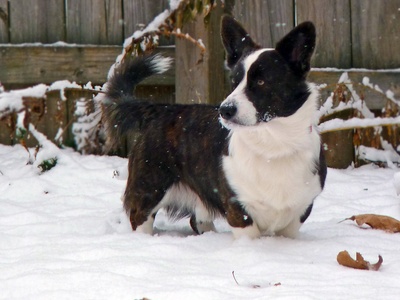
Cardigan Welsh Corgi
Cardigan Welsh Corgis (Wales) with merle or dilute patterns can occasionally display greenish eyes. It’s uncommon, linked to merle-associated pigment dilution; breeders monitor for merle-related health concerns such as deafness or vision anomalies in affected lines.
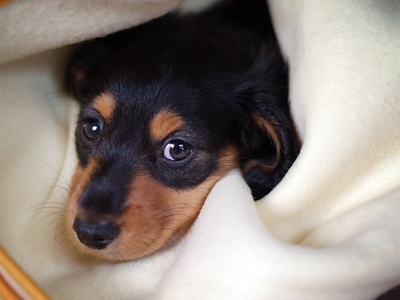
Dachshund
Dachshunds with dapple (merle-like) or dilute coloration can have pale green-hazel eyes. True green is rare and usually tied to pigment-reducing coat genes; responsible breeders screen for genetic risks that sometimes accompany unusual eye pigments.
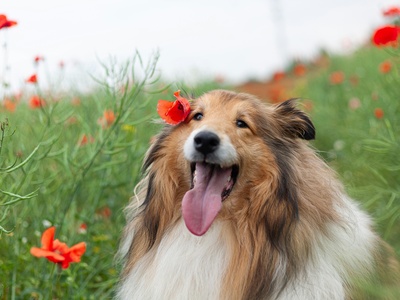
Collie
Rough and Smooth Collies (Britain) — especially blue merle types — may show greenish or green-hazel eyes. The merle gene and coat pigmentation strongly influence iris color; breeders note eye variety but also check for merle-associated health issues.
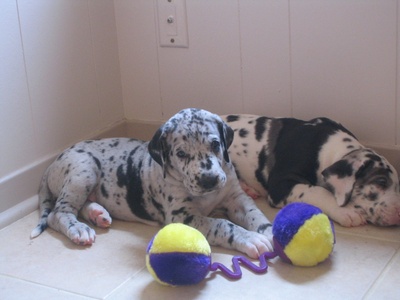
Great Dane
Merle-pattern Great Danes (varied regions) sometimes have pale green or green-hazel eyes. The merle dilution reduces ocular pigment and can produce greenish hues; because merle can bring health risks, breeders often genetic-test merle dogs.
